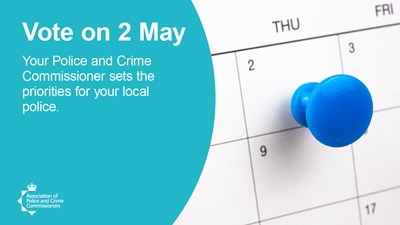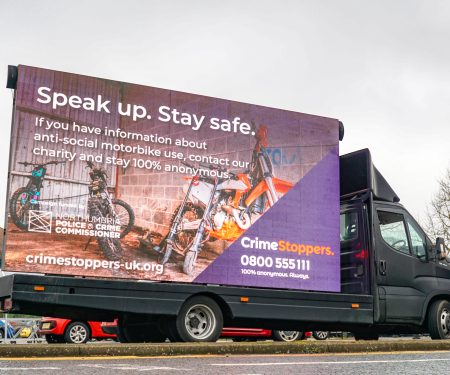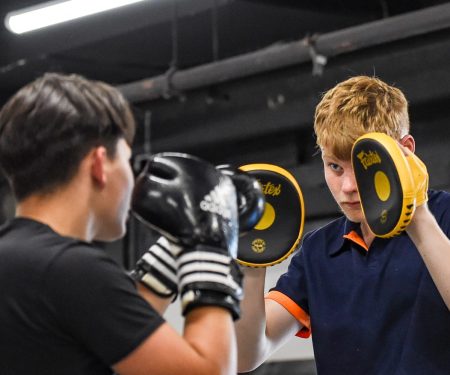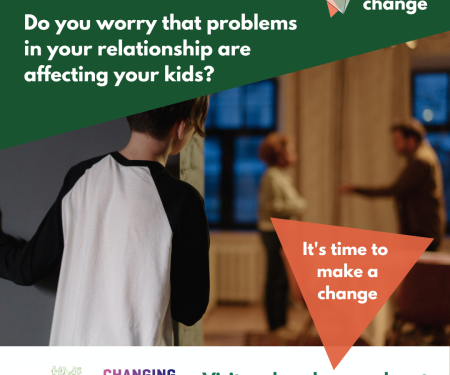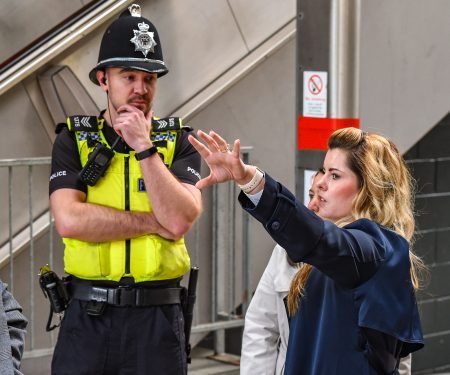KIM MCGUINNESS: LOCKDOWN CONTINUES TO SEE CRIME FALL, BUT MENTAL HEALTH CHALLENGES & FUTURE CONSEQUENCES RISE
With lockdown restrictions being eased, Northumbria’s Police & Crime Commissioner outlines the impact it has had on young people over the past 9 weeks and the potential consequences that may follow as we enter post-lockdown life.
Following the lockdown announcement on the 23rd March, crime has gradually fallen across the region – a 20% decrease in the number of reported incidents via 999, 101 and Northumbria Polices online crime reporting system in comparison to the same period last year.
Serious violence offences have fallen by 37% and overall arrests down 5%, but Kim McGuinness, the Northumbria Police & Crime Commissioner highlighted that these short term positives did not tell the full picture.
Kim said: “Whilst certain crime has understandably fallen, we must provide the support required now to ensure that as lockdown is lifted, crime does not spike up again.”
“Lockdown has meant that the ‘safe places’ like schools and youth centres have been closed and young people have found themselves isolated at home, sometimes in unsafe and dangerous households.”
“Our charities and organisations have adapted fantastically well to be able to deliver their services digitally or at a social distance, often being the only outside contact with many vulnerable people during this period.”
Upon lockdown, the PCC launched a Coronavirus response fund, along with other funding opportunities and has awarded over £420,000 to local charities, organisations and services to allow them to adapt their ways of working during the pandemic.
One charity to benefit from the funding, who have witnessed the effects of lockdown first-hand are Newcastle based, Play in Newcastle.
Michelle Mitchell from the organisation said: “Some of the young people have never been enclosed with their parents, whom are now under immense stress due to loss of jobs and many other reasons and this is causing conflict, violence from both the parents and the child. We are working closely with the police to ensure everyone is safe.”
The PCC has warned that as lockdown continues, this could be creating more challenges for the force and local services in time to come.
Kim said: “Whilst we remain in lockdown, the factors that often led to crime being committed continue to increase. The force, my Violence Reduction Unit, and services across the region are working incredibly hard to support the most vulnerable to prepare them for post-lockdown.
Pallion Action Group in Sunderland have been inundated with requests for support during the lockdown period – especially around mental health and wellbeing.
Karen Wood, Centre Manager at PAG, said: “In the last 7 weeks we have prepared and distributed over 2,200 activity and wellbeing packs to help young people deal with lockdown. We have identified an increased need in mental health support for both young people and the elderly, as well as IT support and information about debt and benefit advice.”
Youth Almighty, who operate in West Sunderland, have also been providing activity and wellbeing packs to their service users, as well as conducting welfare checks from a social distance where guidelines have allowed.
Joanne Laverick, Project Manager at Youth Almighty, highlighted the challenges that services will face post-lockdown as they attempt to support the young people back into ‘normal life’.
Joanne said: “We are providing socially distanced welfare check visits to ensure that young people are coping well with their mental health and wellbeing. We are also able to identify any immediate concerns if young people are at risk.”
“Post-lockdown, we can expect to see an increase in mental health issues and social anxiety, as well as a rise in young people not in education, employment or training which can in turn led to an increase in risky behaviour.”
The Commissioner, through her Violence Reduction Unit, will soon be launching a public survey for young people to gather feedback on life during lockdown and the support they may need once lifted.
Schools, youth services and wellbeing groups are expected to be the frontline response in dealing with the impact of lockdown and the PCC has pledged her support to help improve lives to prevent crime. A recent survey by the Royal Society for Public Health reported that 70% of 18-24 year olds have reported experiencing anxiety more than usual during this period.


